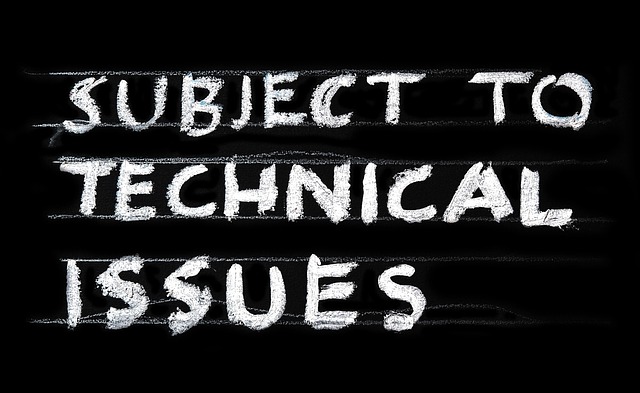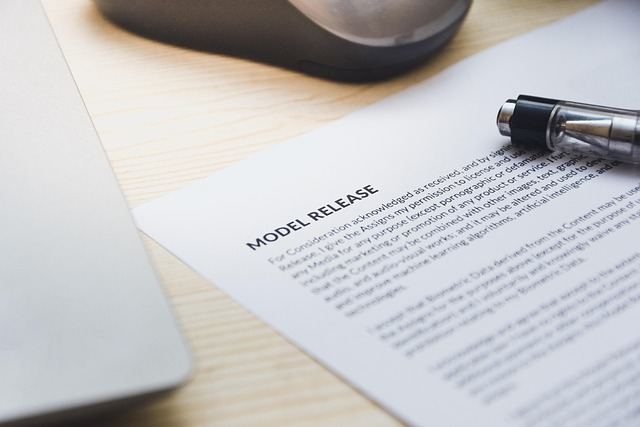In a world where moments are fleeting, photography allows us to capture not just images, but the very essence of accountability. When we look through the lens of a camera, we become active participants in a narrative, framing our experiences in a way that demands both personal and collective responsibility. The act of photographing is itself an act of accountability; we choose what to highlight, what to obscure, and what we deem worthy of preservation. Each click of the shutter transforms a transient moment into a permanent symbol of our intentions.
Consider the power of optics—a tool that enables us to sharpen our focus, revealing truths that often remain hidden in plain sight. When we engage with our environment using a camera, we are exposed to the myriad stories that unfold around us. Every photo we take serves as a testament to our awareness and engagement with the world, prompting us to reflect on our role within it. This act of exposure is not merely a technical endeavor; it is a profound journey towards understanding our impact and the responsibilities that accompany our actions.
Photography, at its core, is about making choices. The decision of what to capture holds weight, drawing an implicit line of accountability. A photo of a dilapidated building tells a story of neglect, urging society to confront its collective failures. Alternatively, a portrait of a joyful gathering encapsulates shared moments of connection, reminding us of our shared humanity. Each photograph, regardless of its subject, calls attention to the choices we make as witnesses to the world’s evolving narrative.
Moreover, the principles of exposure in photography illuminate the importance of balance—just as in accountability. Too much light can wash out details, just as too much focus on one aspect of a situation can lead to a skewed understanding of accountability. Photographers learn to adjust their settings, and similarly, we must learn to navigate the complexities of responsibility in our lives. Each exposure we make is an opportunity to appreciate nuance and to recognize that accountability is rarely black and white.
The relationship between photography and accountability extends beyond the frame of a single image. In an age dominated by social media, the photos we share carry weight in the digital realm. They not only reflect our personal experiences but also shape perceptions of reality. With each click, we have the power to influence the discourse, hold others accountable, and spark conversations that matter. With this power comes the responsibility to be mindful of what we portray. Just as we consider composition and lighting in photography, we must consider the impact of our images on our audience’s understanding of accountability.
As we explore this synergy between exposure and accountability, let us remember that every photograph has the potential to foster connections and inspire change. The next time you pick up your camera, think about the story you want to tell. Reflect on how you can use that exposure to encourage a sense of responsibility within yourself and your community. After all, just as a photograph captures a moment in time, it can also serve as a reminder of the accountability we hold for one another and the world we share.




